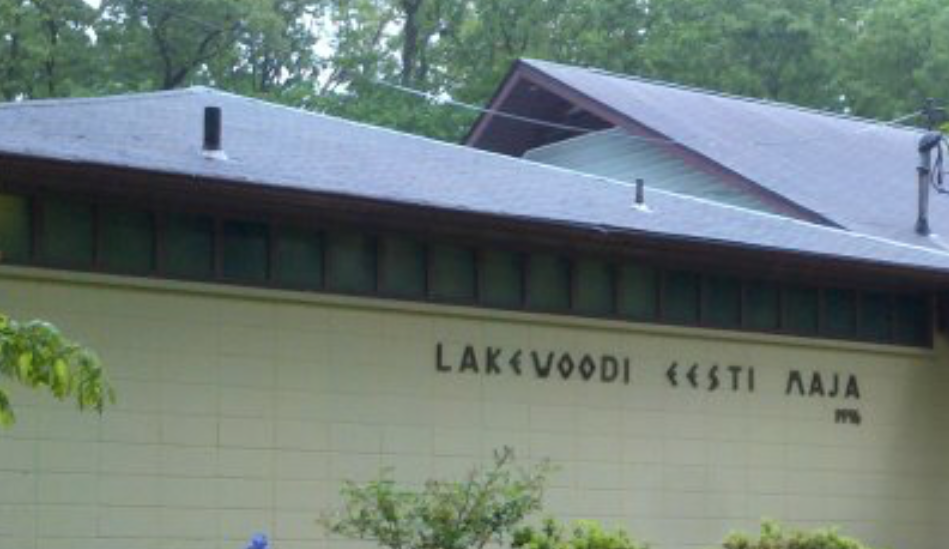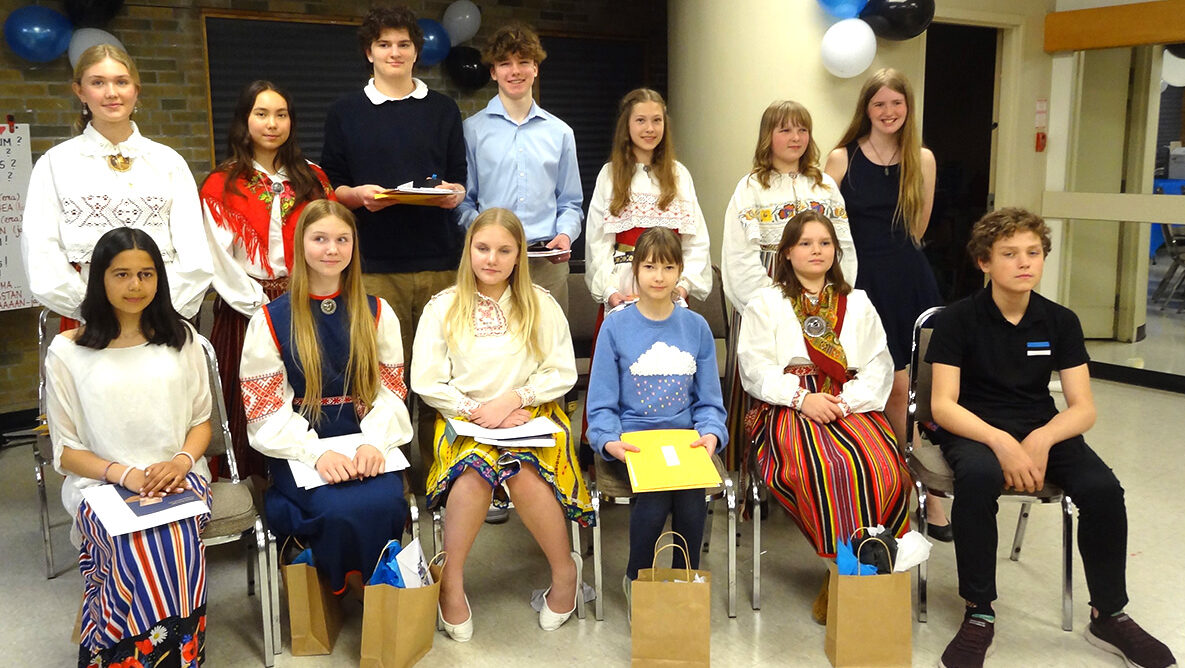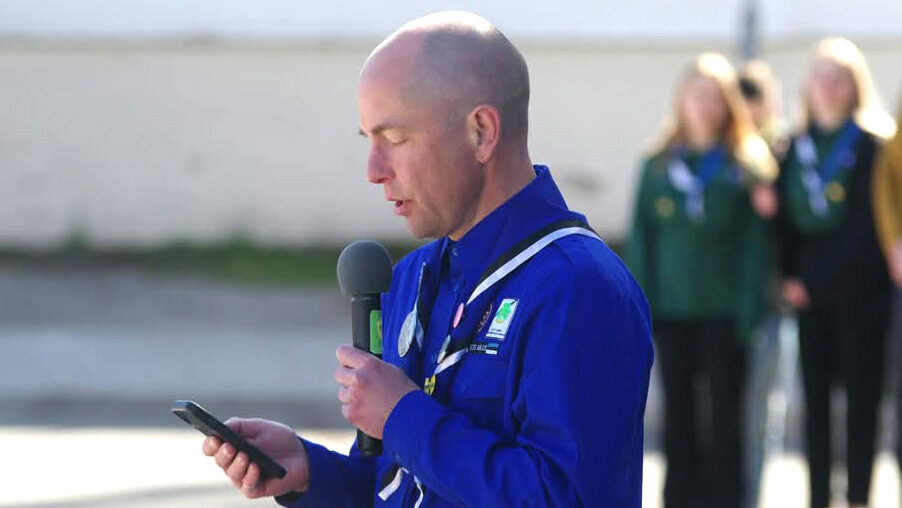Maybe it was the Jaanipäev (Midsummer Day) celebration when the sun set a little later and you went to bed a lot later, so as to not miss a joke or a conversation. Or, maybe it was a collage of events spanning the Friday night open houses when locals gather to eat open faced sandwiches sprinkled liberally with dill, enjoy a beverage of choice and keep a culture alive in a distant land.
And if you are thinking a 70th anniversary would be wonderful reason to celebrate days gone by, and a pleasingly optimistic future, you would be correct. This is not a round-number occurrence to be squandered. As Estonia marches toward its 100th anniversary, significantly, the small enclave 4,000 miles from Tallinn will turn 70.
As such, the Lakewood Estonian Association invites all those with a connection to Lakewood to come home for a weekend. Branded “Tulge Koju”, or “Come Home”, the celebration begins Friday evening, 2 September 2016, with Andres Raudsepp on guitar playing your favourite folk songs. One should expect a healthy dose of conversation and laughter to accompany the music. Then, on 3 September, the grounds will host a volleyball tournament, the New York Segakoor (mixed chorus), energetic folk dancing with the Saare Vikat dance group and a memory lane. As the evening kicks in, get back on your feet to continue the party when Väike Mees (Little Man) arrives from Estonia to play their brand of folk rock.
Clear your calendars for 2-3 September 2016. Call your friends and get nostalgic. Come home for a weekend!
Many Estonians started to settle in Lakewood already in the 1930s. They came mainly from New York City, which already had an Estonian community. In 1933, a young couple, Konstantin and Martha Lacht, donated the land in Lakewood on which the current Estonian House stands.
From early on, the members of the Estonian community demonstrated remarkable spirit of entrepreneurship: they established poultry farms in the 1930s and three pubs in the 1940s and 1950s – one of the pubs was called Alligator Inn.
The community started to build its clubhouse in 1946 and it was completed a year later. In the 1970s, as the number of Estonians in the community increased to over a thousand, the building was expanded and even hosted theatre productions by the Lakewood Estonian Theatre troupe. It has accommodated performers, folk-dancers, musicians and singers since.
Andres Simonson, Estonian World, August 2016



